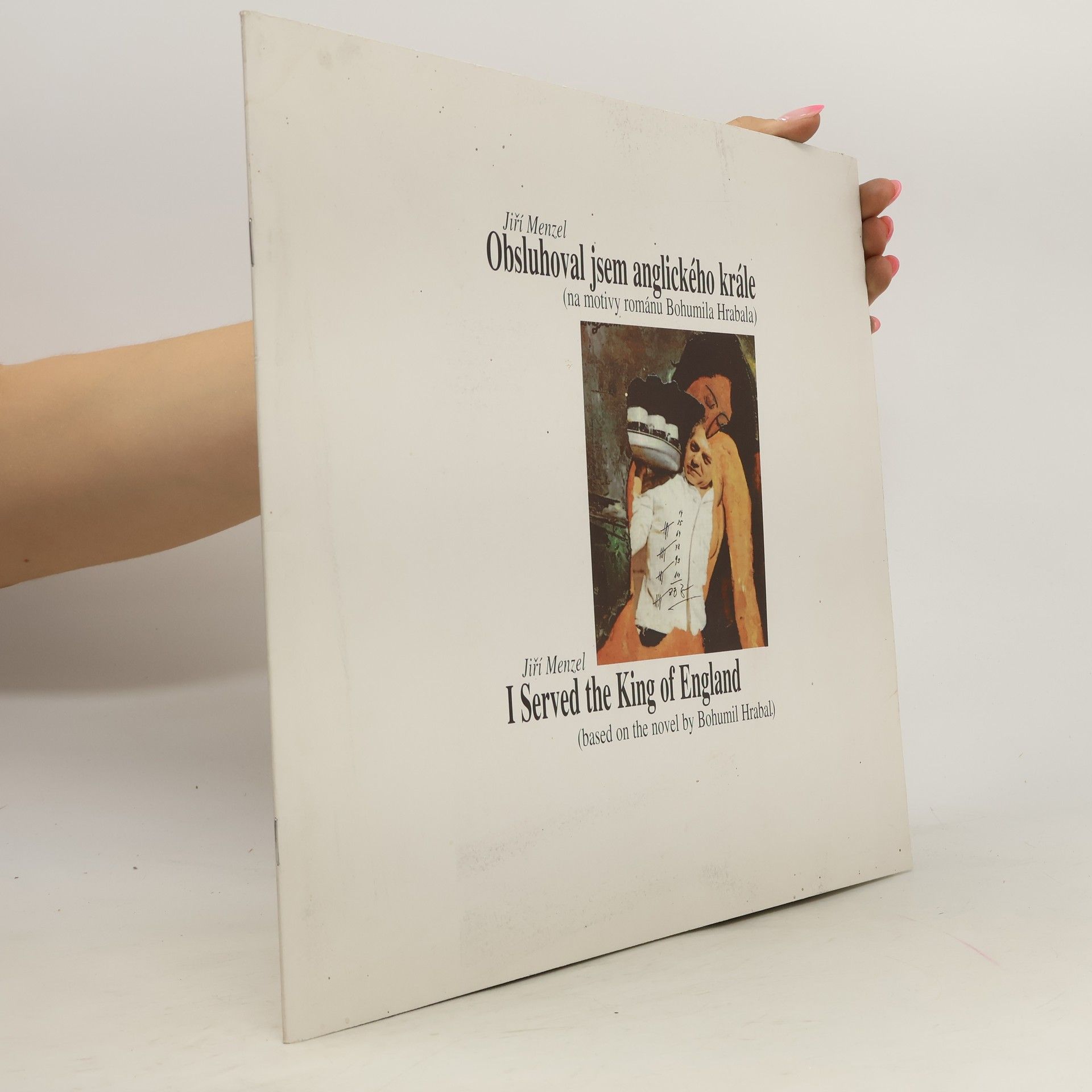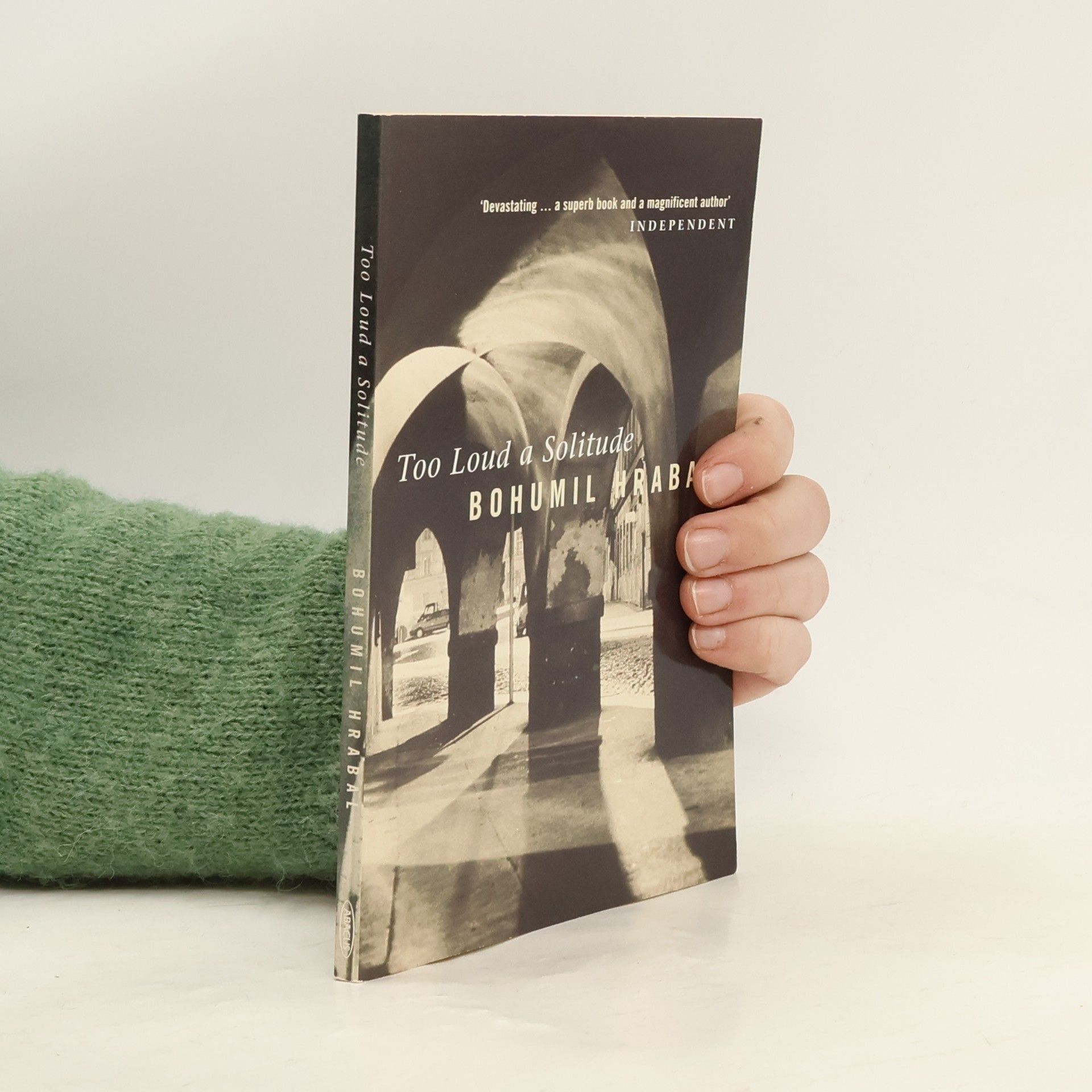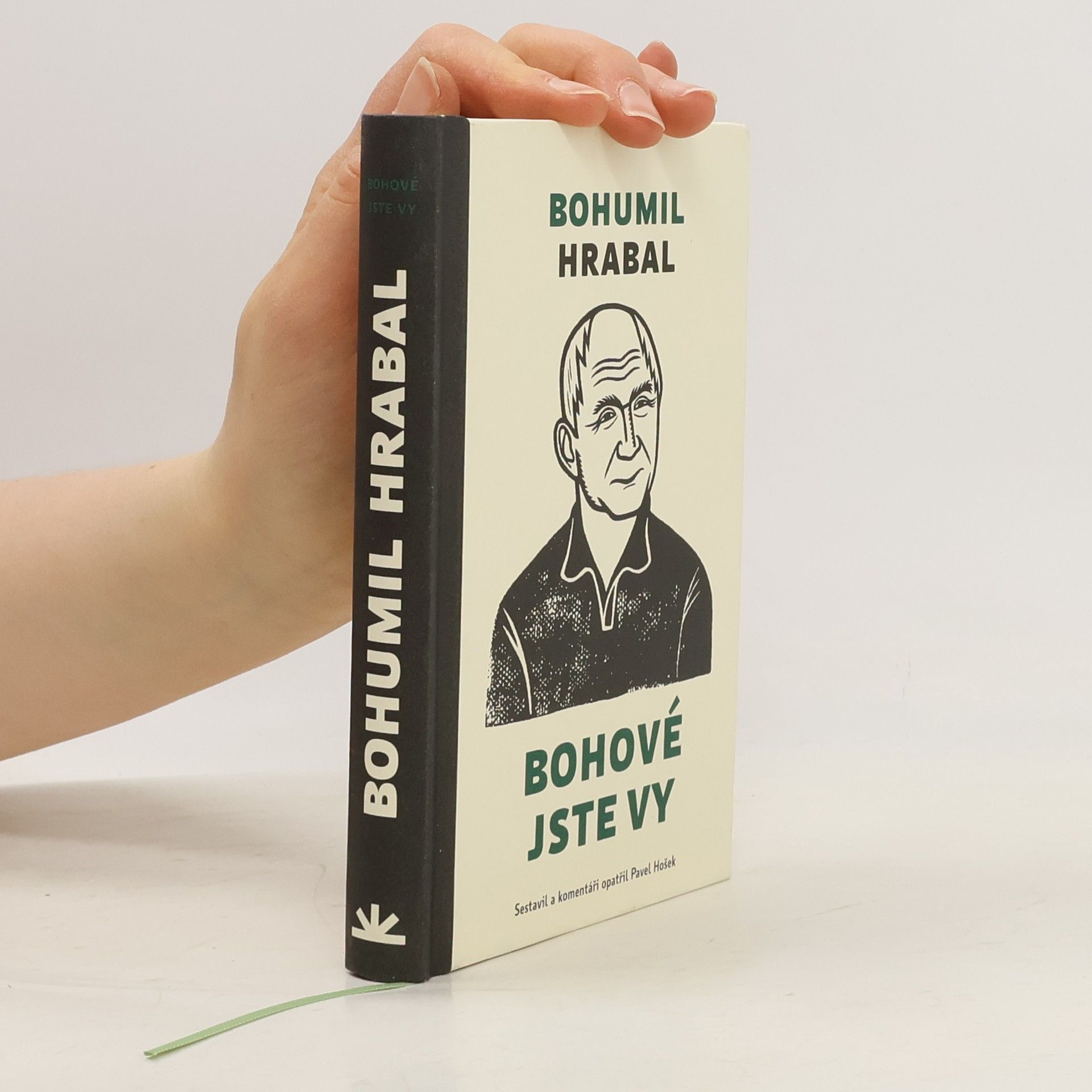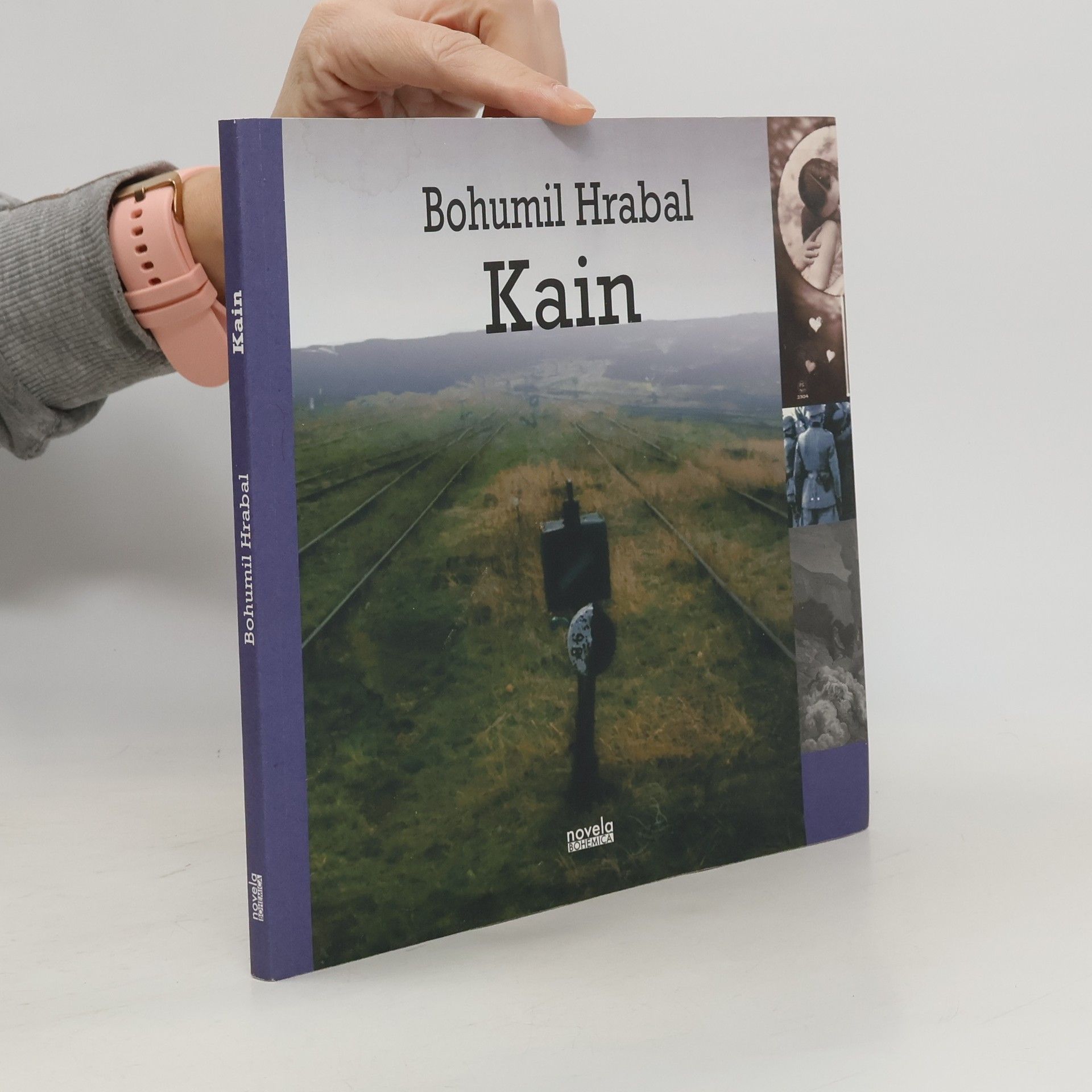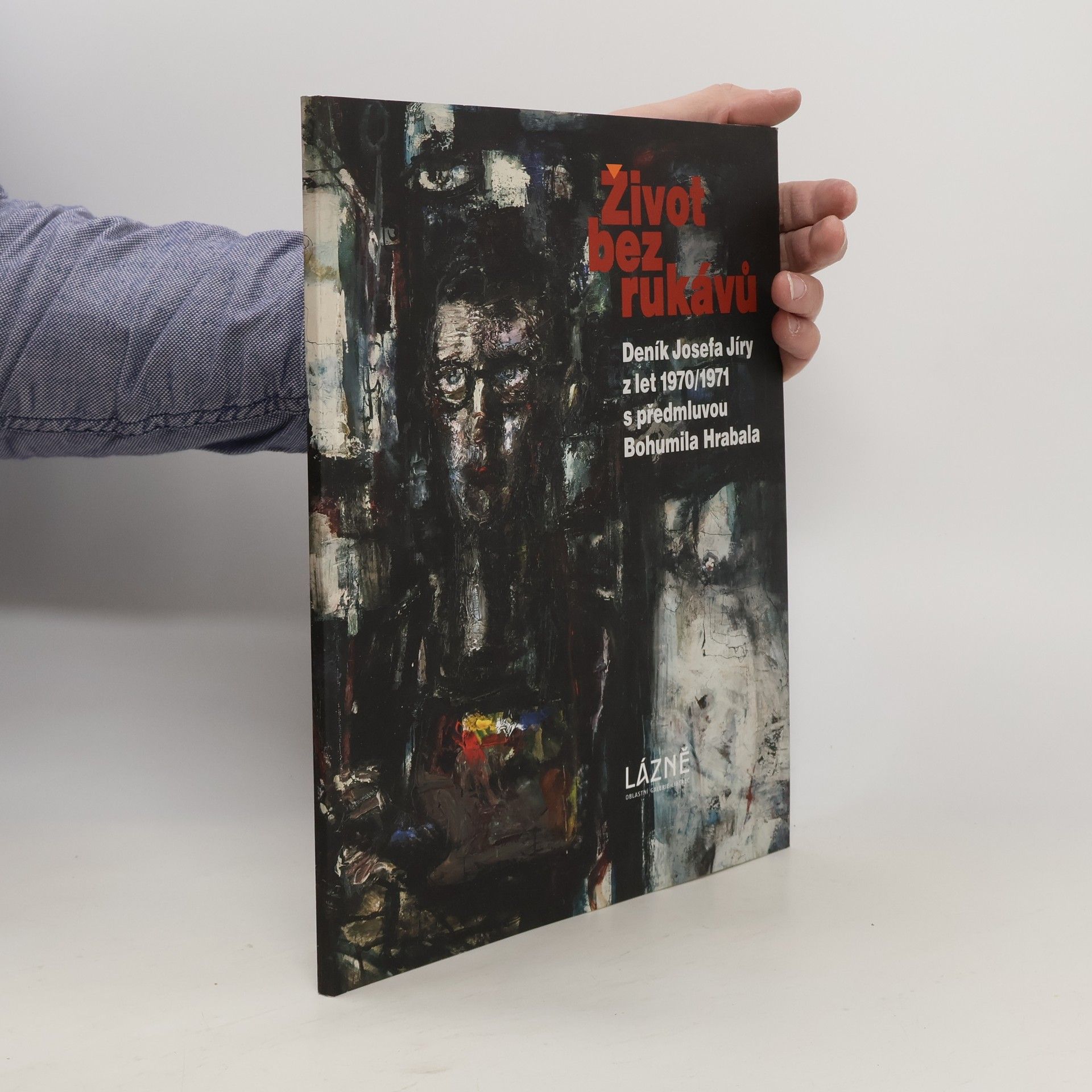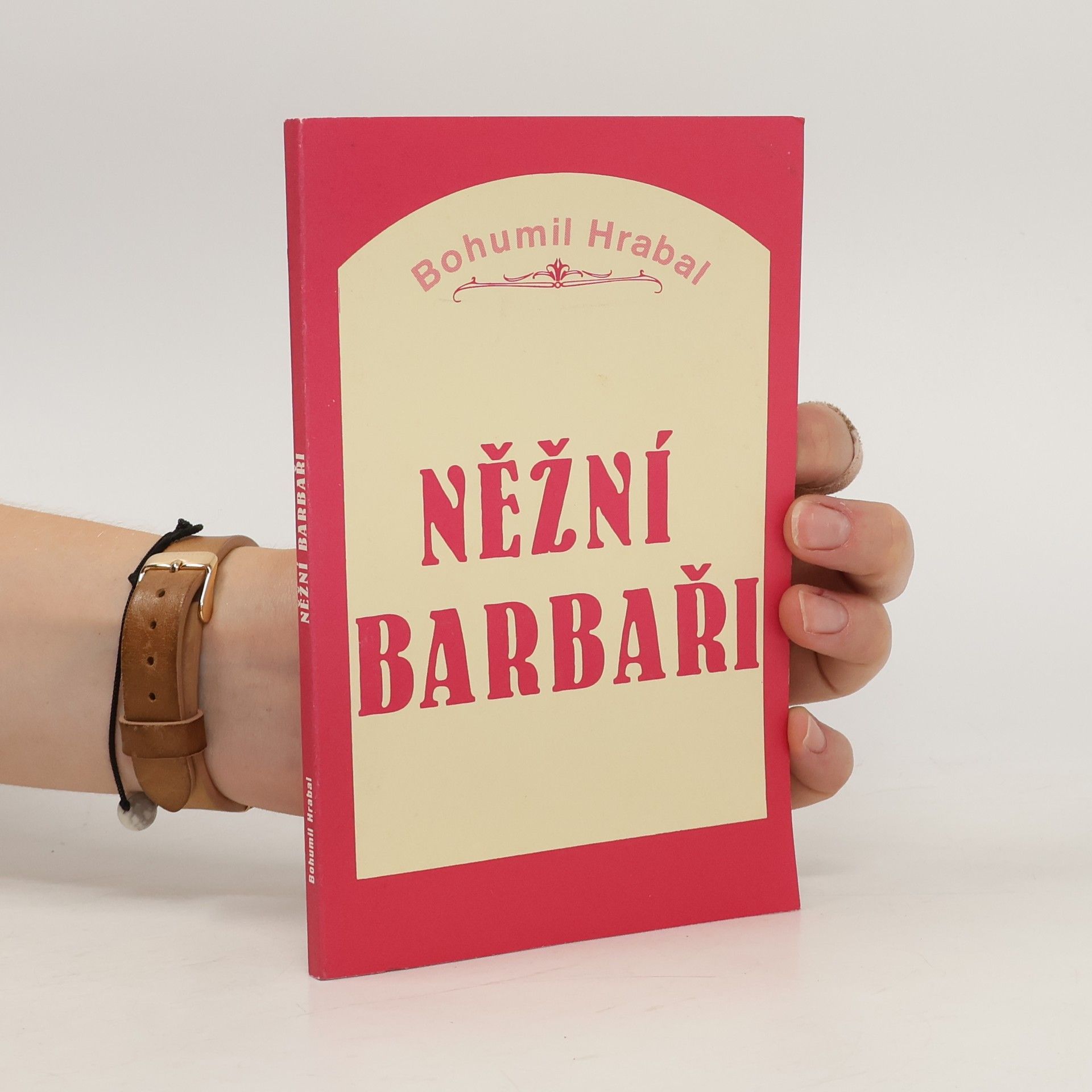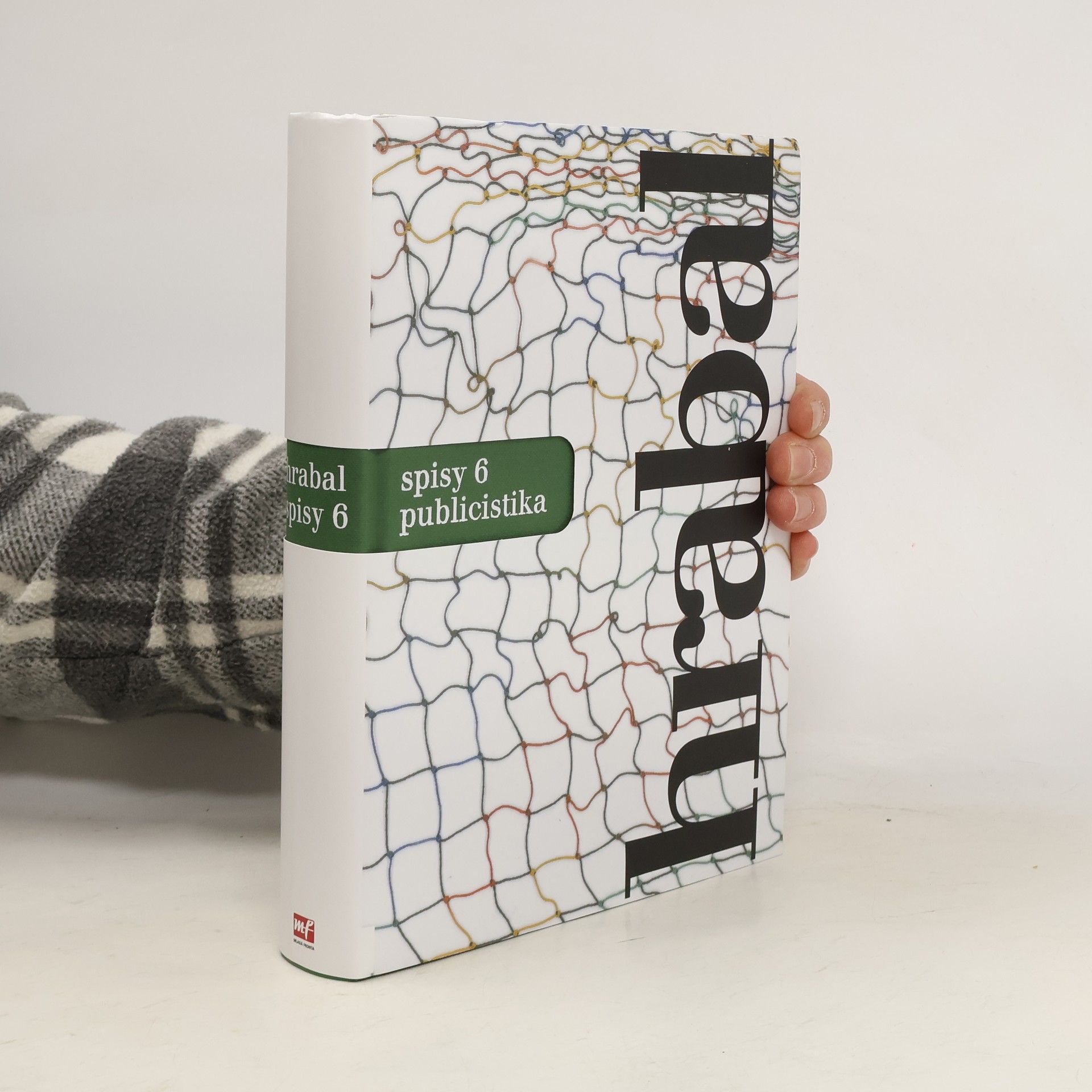Bohové jste vy
- 188 pages
- 7 hours of reading
Spisovatel a doktor práv Bohumil Hrabal prošel řadou profesí: byl skladníkem, výpravčím, pojišťovacím agentem, dělníkem v hutích, baličem starého papíru. Myšlení autora spojovaného s živelným vypravěčstvím a hospodskou historkou mělo ovšem i duchovní rozměr. To, co pozorní čtenáři dosud jen tušili, potvrdil nedávný nález nahrávek Hrabalových adventních promluv na faře v Libici nad Cidlinou. Už jako sedmdesátník v nich Hrabal nejen odhaluje vzácnou citlivost k posvátnému rozměru života, ale vykládá své odmítnutí právnické kariéry a příklon k lidem na dně jako svou cestu „malého krista“. Pavel Hošek je profesorem religionistiky na Evangelické teologické fakultě UK. Soustavně se věnuje duchovnímu rozměru krásné literatury, mj. v díle Jaroslava Foglara, E. T. Setona, J. R. R. Tolkiena či C. S. Lewise.

